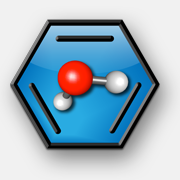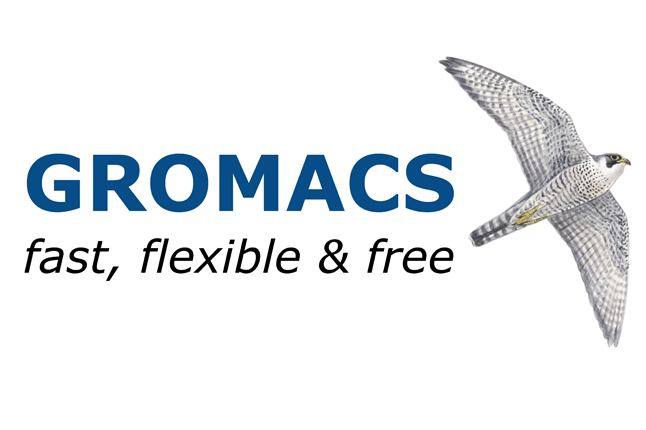Educational resources
Courses
Computational Quantum Chemistry (CHM 673)
Syllabus This course aims to give the students both theoretical and practical background in the computational techniques used in modern quantum chemistry. A significant fraction of the students’ time will be spent actually using quantum chemistry programs. The last assignment will provide a chance for students to perform an independent computational project related to their research interests and present a seminar to the class. A solid undergraduate background in Physical Chemistry or, preferably, Quantum Mechanics, will suffice as a prerequisite.
Topics covered
Schrodinger equation. Review of QM. Born-Oppenheimer approximation.
Chemical reactions and potential energy surfaces.
Orbitals and Slater determinants. Theoretical model chemistries.
Hartree-Fock theory. Koopmans’ theorem.
Basis sets.
Molecular orbitals. Point group symmetry.
Spin operators. Restricted and unrestricted HF.
Density functional theory.
Electron correlation. Configuration interaction. Size-consistency problem. Wave function versus electron density approaches.
Dynamical correlation. Second-order perturbation theory. Coupled cluster theory. Extrapolation techniques. Performance of electronic structure methods.
Non-dynamical correlation. Multi-configuration SCF.
Electronic excited states. CIS, TD-DFT, EOM-CCSD.
Chemistry of extended and periodic systems: solvation models, QM/MM, fragmentation methods.
Textbooks
Schrier, Introduction to Computational Physical Chemistry (University Science Books, 2017)
Lecture notes
Check out a complete set of CHM 673 lecture notes.
See also
A complete list of PChem courses offered at Purdue: PChem courses at Purdue.
See also
Check out Computational Interdisciplinary Graduate Programs (CIGP) curriculum for courses in computational, math and data sciences here.
Software tools
Software packages that we like to use:
Tutorials
Slipchenko group tutorials
Slipchenko group resources at Purdue github Slipchenko group Purdue github pages (password protected)
YouTube video tutorials on making and running EFP jobs:





